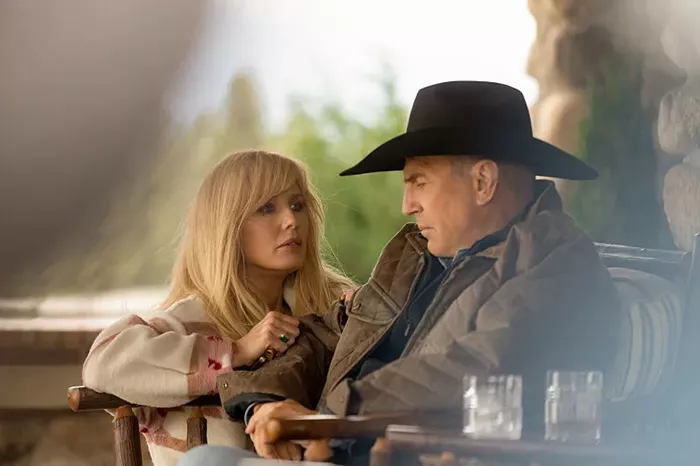Asmae El Moudir grew up in a household where taking photographs was forbidden. Her grandmother Zahra, an old crone of a woman who cruelly spits out words to demean her daughter and granddaughter with little regard for their feelings, had always forbidden them. No wonder she’s less than thrilled by Asmae’s decision to begin documenting her own family history for what will become ‘The Mother of All Lies’, a haunting and heartbreaking documentary that will force them all to reckon with that one fateful evening in 1981, when riots and mass graves in Casablanca shook family and country alike into a forgetful haze that was as urgent then as it is painful now.
To this end, El Moudir has recruited her father to help her build a replica of the neighbourhood in which she grew up. This handcrafted vision of their shared past, filled with handmade doll-like figures of family members and neighbours, becomes a place where family secrets and memories – not to mention long-simmering resentments – come to a head.
At first, it’s the question of why El Moudir has only one photograph from her childhood (a photograph she now fears isn’t even of herself) that drives her into this intimate, if makeshift, home movie, where dolls and cardboard spaces are called upon to stand in for moments and memories that have been locked away for years. But soon her artistic impulse to cultivate catharsis through make-believe runs up against not only her prickly grandmother’s disavowal of such concerns, but also the more enduring trauma that this hand-painted Casablanca set cannot help but evoke.
With these cardboard replicas, El Moudir forces her grandmother to look back at a time and a place against which she has calcified. Her casual cruelty is driven by a need to have isolated her family from outside dangers. She’s constantly shown to care little about what El Moudir is doing, even as the camera and filmmaker alike show her an empathy that feels undeserved. It’s hard not to see in the generational differences – between El Moudir’s grandmother and her own mother, whose screams the director captures with unguarded tenderness – different ways of coping with trauma. Here is a vision of a country still trying to heal.
A collaborative art-therapy experiment and a poetic exercise in storytelling, “The Mother of All Lies” is a gruelling piece of work. Not just because of the emotional excavation El Moudir pushes her family into, using props, characters and prompts to bring up a violent history many would sooner forget, but because in its quasi-animated spectacle it underlines a shared artistic vision of how memory works. As we are told late in the film, “We don’t measure how much silence hurts until the day we speak” – the kind of poetic statement that characterises the doc.
Playing both filmmaker and ringmaster, recreating scenes with puppets and allowing her family to open up in front of the camera, El Moudir manages to turn a very personal document into a compelling work. One that is inventive because it recognises that the way forward requires a steely vision of the past, even if such memories are sometimes better filtered through dolls and replicas (since photos and videos, in their fidelity to the truth, have rightly been banished from this cultural imaginary).
“The Mother of All Lies is an astonishing work whose maturity derives from El Moudir’s wide-eyed approach to her family history, in which memory and history are literally reduced to playthings in order to process the unspeakable events they conjure up.

























